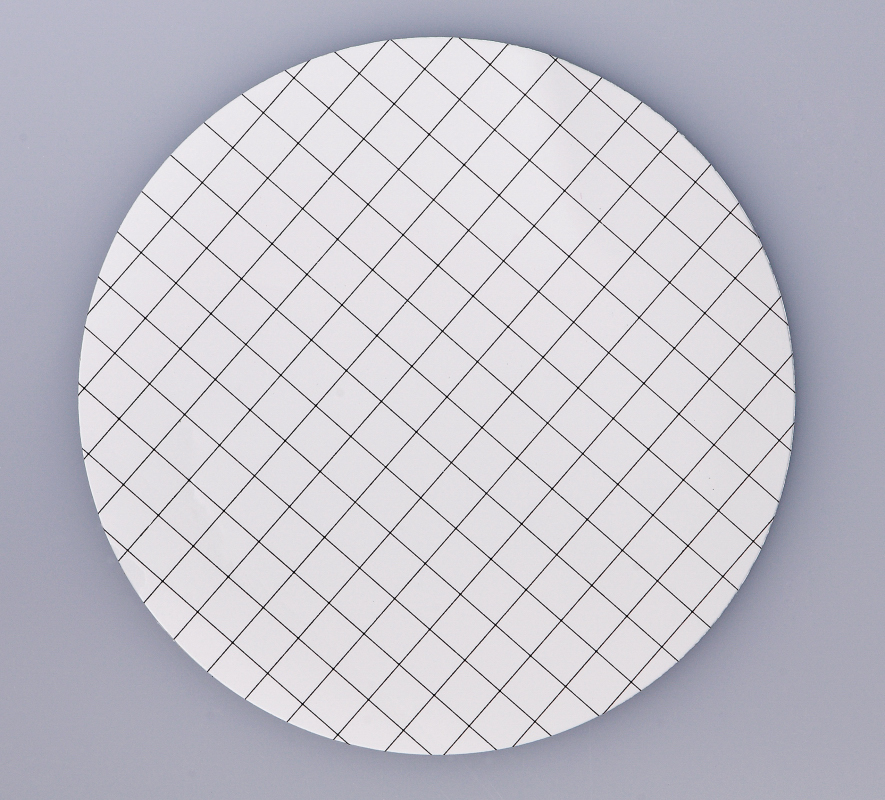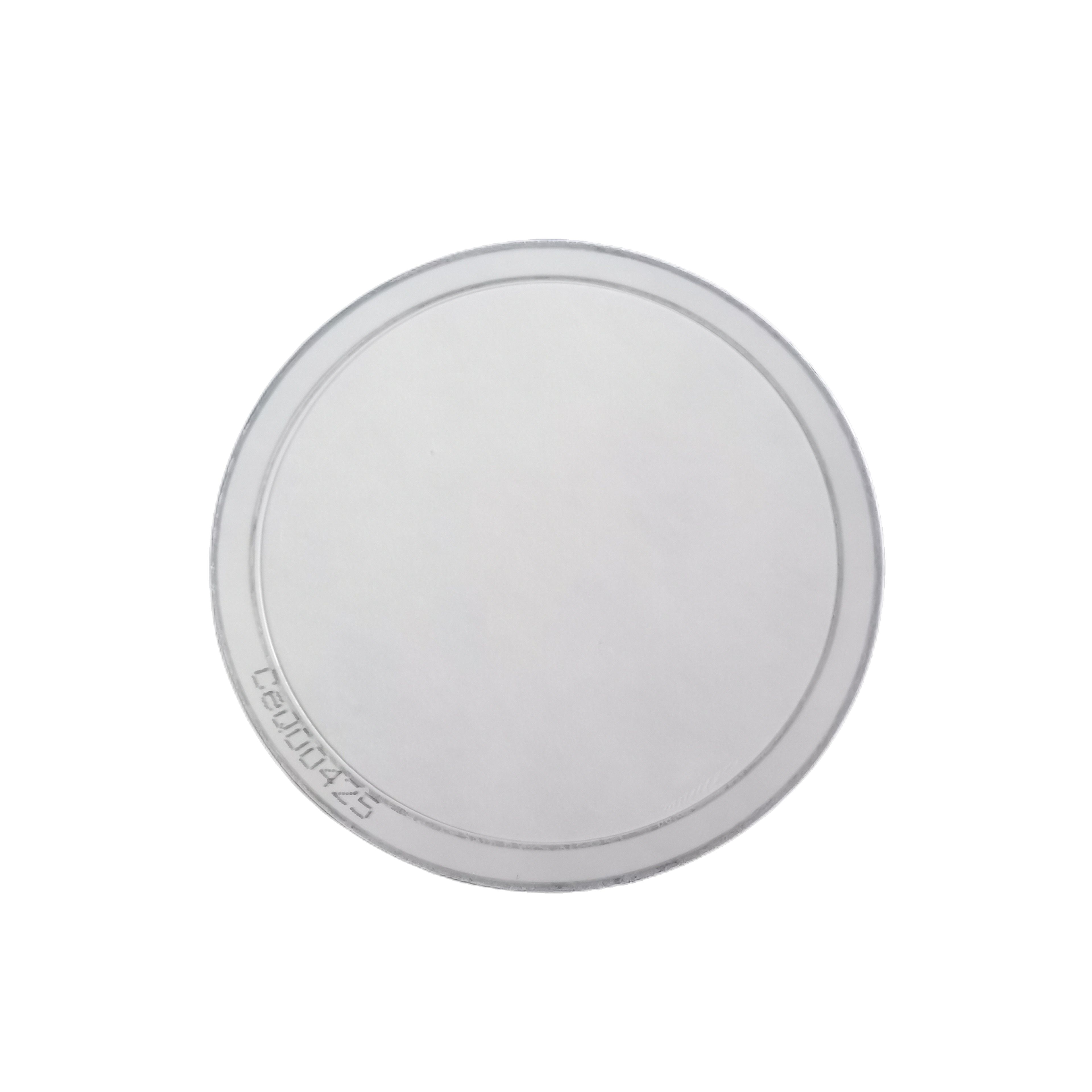cellulose acetate membrane filter
Cellulose acetate membrane filters represent a crucial advancement in filtration technology, offering exceptional performance in various laboratory and industrial applications. These filters are manufactured through a precise process of treating cellulose with acetic acid and acetic anhydride, resulting in a uniform pore structure that ensures consistent filtration results. The membrane's structure features interconnected pores that create an intricate network capable of capturing particles while maintaining excellent flow rates. With pore sizes typically ranging from 0.2 to 0.45 micrometers, these filters excel in separating microscopic particles from solutions. Their hydrophilic nature makes them particularly effective for aqueous solutions, while their chemical compatibility allows for use with various solvents. The filters demonstrate remarkable durability under normal operating conditions and maintain their structural integrity throughout the filtration process. In practical applications, cellulose acetate membrane filters serve essential roles in pharmaceutical production, water quality testing, food and beverage processing, and biological sample preparation. Their ability to provide reliable sterile filtration while minimizing protein binding makes them indispensable in laboratory settings where sample purity is paramount.

